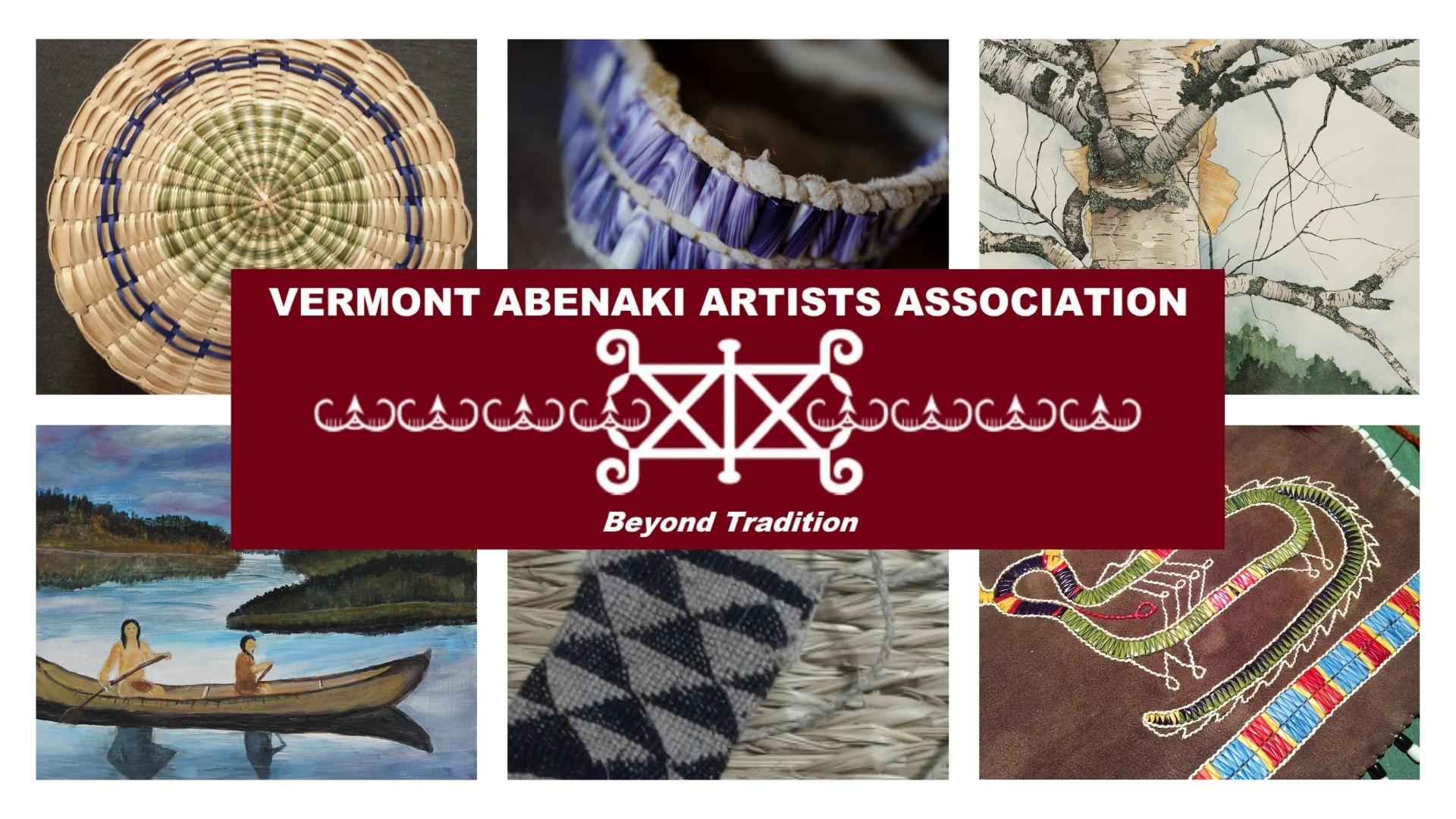Vera Longtoe Sheehan, Elnu Abenaki Tribe, Director, Vermont Abenaki Artists Association, and Abenaki Arts & Education Center.
Originaly published by Mt. Kearsarge Indian Museum on Jan 23, 2020. View original here.
If your not familiar with the term decolonization you probably recognize the Latin prefix de- meaning to reverse and the word colonization which refers to the process by which the colonial settlers move into and took control of Indigenous lands. Colonization is the brutal process by which one group of people overpowers another group of people, takes control of all of the resources and it generally causes irreparable loss and harm to the original inhabitants. The new government forces new laws and customs upon the group that is being dominated. In theory decolonization would return society in the Americas to its original state before colonization but that process would be nearly impossible and far too complicated because we cannot undo what has been done but we can help mitigate the damages that have been done to the Abenaki communities of the region. For me this work is about reclamation, truth, and education so this article will focus on my work developing decolonized educational resources for schools.
I began developing and presenting Native American programs in classrooms over twenty years ago because I knew there was a gap in what and how our children were being taught about American history and the Native American people of our region. The problem of Abenaki erasure in school curriculum is multi-dimensional. Over the years, there have been very few changes in how Native American culture is taught. Many of us grew up learning the same incorrect history as our children will and that same history is passed from one generation to another. We also rely upon history books that are out-dated and incomplete because they written from a single perspective so long ago .
Adding to the dilemma is many of us grew up learning many stereotypes and myths about Native American people.
Therefore, with some exceptions, children are still taught that the original Native American inhabitants of N

